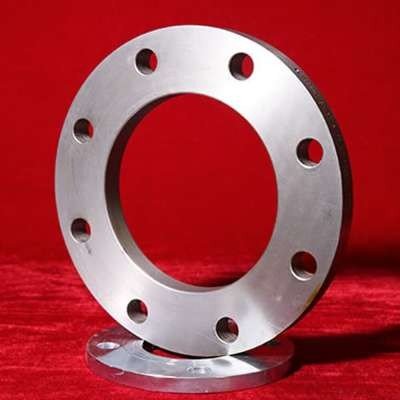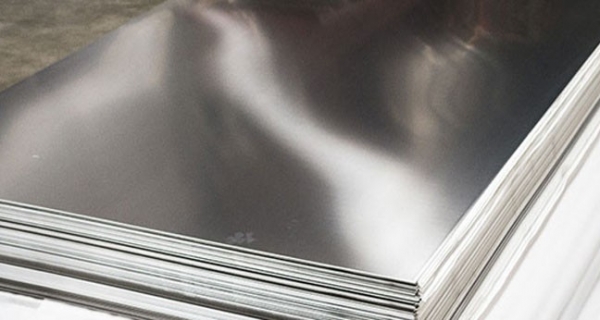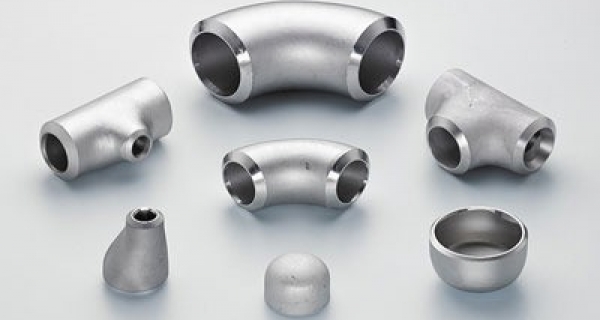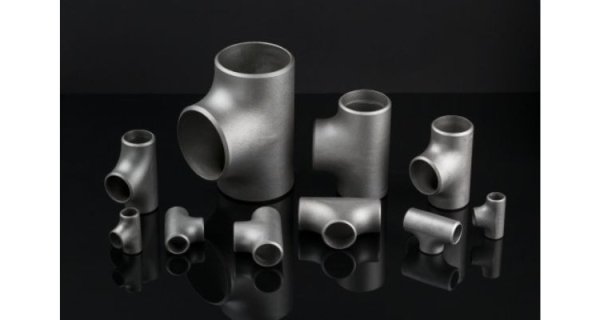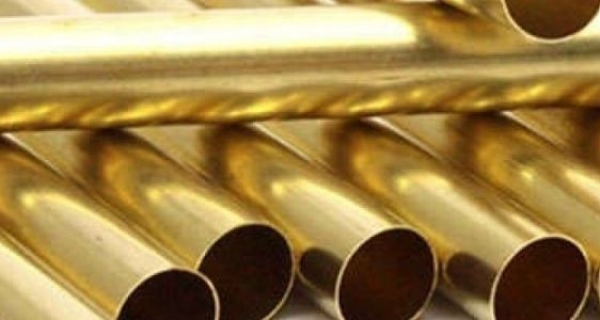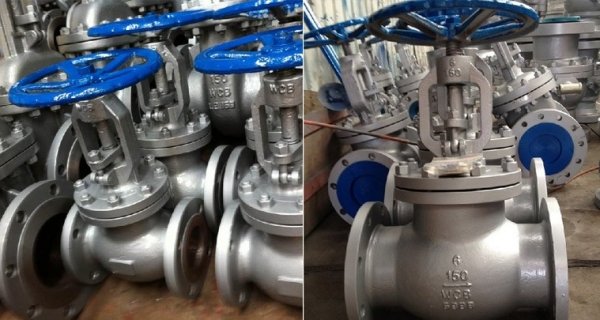Metalica Forging Inc
Metalica Forging Inc. is a prominent Flanges Manufacturers in India. They produce industrial pipes and flanges used to connect pipes to other plumbing components like tees, elbows, reducers, valves, and more.
Gönderildi 1 yıl önce içinde Uluslararası, güncellenmiş 1 yıl önce.
Flange Design Secrets: Tips from Industry Experts - Metalica Forging Inc
Metalica Forging Inc. is a prominent Flanges Manufacturers in India. They produce industrial pipes and flanges used to connect pipes to other plumbing components like tees, elbows, reducers, valves, and more.
As the largest Flange Supplier In India, they offer various types of flanges, including socket weld, slip-on, threaded, and blind flanges. Their carbon steel blind flanges and carbon steel long weld neck flanges are designed and manufactured to international quality standards.
Metalica Forging is the top Flange Manufacturer in India, serving clients worldwide across five continents and approximately 80 countries. Their carbon steel forged flanges are renowned for their durability and quality. Additionally, as a leading Flange Manufacturer in several regions of India, they continuously enhance their market offerings of ASTM A105 flanges.
Material Selection: The Foundation of a Good Design
Corrosion Resistance: Flanges are often exposed to harsh chemicals, high temperatures, and extreme pressure. Stainless steel is commonly used due to its excellent resistance to corrosion, but other materials such as carbon steel, alloy steel, and nickel alloys are also considered depending on the environment. In industries like offshore oil drilling or chemical processing, high corrosion resistance is vital for preventing flange degradation and potential leaks.
Temperature and Pressure Ratings: The material must also withstand the temperature and pressure conditions of the system. For high-temperature applications, materials such as Inconel or Hastelloy may be necessary. Carbon steel, though cheaper, has limitations at higher temperatures and may require a stainless-steel alternative.
Compatibility with the Medium: In some cases, the flange material must be compatible with the fluid or gas being transported through the pipeline. For example, in acidic or highly reactive environments, materials that offer better chemical resistance, like PTFE-lined flanges, might be essential. The key is finding a balance between performance, cost, and longevity. According to industry veterans, this early decision in flange design has a massive downstream effect on the overall reliability of the system.
Choosing the Right Flange Face Type
Raised Face (RF): This is the most common flange face type in industries. The raised portion allows for a better compression of the gasket, which creates a tighter seal. Raised face flanges are suitable for applications involving moderate to high-pressure systems.
Flat Face (FF): Flat face flanges have a flat surface that contacts the entire gasket surface. These are typically used in low-pressure, low-temperature applications or when flanges are made of cast iron. Flat face flanges help prevent the over-tightening that could lead to cracking in brittle materials.
Ring-Type Joint (RTJ): This face type uses a metal ring to create a seal and is typically used in high-pressure, high-temperature applications such as in the oil and gas sector. RTJ flanges provide a reliable, leak-proof seal in extreme conditions but are more expensive than other face types.
Understanding Bolt Tension and Gasket Selection
Bolts, gaskets, and flange surfaces work together to form a tight seal. One of the hidden secrets of flange design is mastering the balance between bolt tension and gasket compression. If the bolts are over-tightened, it could lead to excessive gasket deformation, while under-tightening could cause leakage due to insufficient compression.
Bolt Tensioning: Achieving the right bolt tension is essential for creating a consistent gasket load. Experts recommend using proper torque values and bolt tensioning techniques, such as hydraulic tensioning or torque wrenches, to ensure that the bolts are uniformly tightened. Uneven bolt tension is a common cause of flange failure.
Gasket Selection: The gasket material must be carefully chosen based on the operating conditions and flange face type. Soft gaskets, such as rubber or PTFE, are ideal for low-pressure applications, while metal gaskets, such as spiral-wound or ring-type gaskets, are used in high-pressure systems. The gasket must also be compatible with the medium being transported, especially in chemical processing industries.
Incorporating advanced sealing technologies, such as using metal-reinforced gaskets or elastomeric seals, can significantly enhance the performance and longevity of the flange.
Conducting Stress Analysis and Finite Element Analysis (FEA)
One of the more advanced techniques in flange design is performing stress analysis or Finite Element Analysis (FEA). According to industry experts, this is one of the most effective ways to ensure that a flange will perform well under expected operating conditions.
Stress Analysis: Understanding the stress distribution across the flange is vital for predicting potential failure points. Factors like pressure, temperature variations, and external loads can induce stress concentrations, which, if not properly accounted for, can lead to cracks or flange failure.
Finite Element Analysis (FEA): FEA is a computational method used to simulate how a flange will behave under various loads and stresses. It helps engineers identify weak points in the design and optimize it before manufacturing. By incorporating FEA into the design process, designers can ensure that the flange will meet safety standards and perform reliably over time.
Maintenance and Inspection Practices
Designing a flange is not just about the initial installation but also about long-term maintenance and reliability. Industry experts emphasize the importance of regular inspection and maintenance, especially in critical applications such as refineries or power plants.
Non-Destructive Testing (NDT): Techniques like ultrasonic testing or radiographic inspection can help detect cracks, corrosion, or flange misalignment before they lead to catastrophic failure.
Regular Bolt Retightening: Over time, bolts can lose tension due to thermal cycling or vibration. Regularly checking and retightening the bolts ensures that the flange maintains its seal and prevents leaks.
